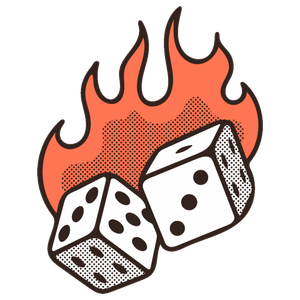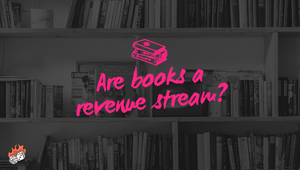Brought to you by the fine folks at Outpost for Ghost publishers. Get more subscription revenue for your Ghost publication with Outpost 🪐

"You don't write a book for money," my mentor told me when I got my first and only inquiry from a publisher.
This was news to me. Books seem like so much work. Why would authors go through all that for free?
Business owners and professional speakers will say it's because of what the book enables: new clients, speaking opportunities, product sales and the higher fees you can command for all of the above, once you are an author.
But lately, I've been hearing a different story. That maybe there is some money in books.
I wanted to find out how we should be thinking about books and revenue so I reached out to a few authors and book experts to learn what the real moneymaking potential was for books as an indie author. The answer to Are books a revenue stream? needs a lot more context than yes or no so let's get into the conditions when books become a real revenue stream.
"Publishers will not do all the things you think they will, and they’ll take a big chunk of your book sales."
—Vicky Quinn Fraser
Self-publishing might give you more opportunities to make money
The big drawback with the traditional publishing route is that your publisher takes a bigger cut of your profits, and for not much benefit, if you're an unknown author.
Come along for the ride!
Revenue Rulebreaker is a member-supported publication. You wouldn't think a shitty writer like me could do that but turns out I can. Get in on this fun parade when you become a Legend.
Legends get:
- All access to everything I post
- Special invites and events
- Recognition on The List of Legends
 Become a member
Become a member




